
Hey there, sleep seekers! Have you ever tossed and turned at night, wishing for a magic switch to turn off your buzzing thoughts and lead you into dreamland?
You’re not alone. A lot of us struggle with getting enough shut-eye, and boy, does it matter!
Sleep is like a supercharger for our bodies – it helps our brains work better, keeps our bodies strong, and even makes us happier.
But what if counting sheep and sipping warm milk just don’t cut it?
Well, there’s something new on the horizon that people are talking about. It’s called CBN, and it’s stepping up as the new kid on the block in the world of sleep aids.
People are curious: Can it really help you sleep better?
We’re diving into the world of CBN to see how it works and why it might just be the bedtime buddy you’ve been looking for.
So, grab your favorite pillow and let’s get cozy with the facts!
What is Cannabinol (CBN)?
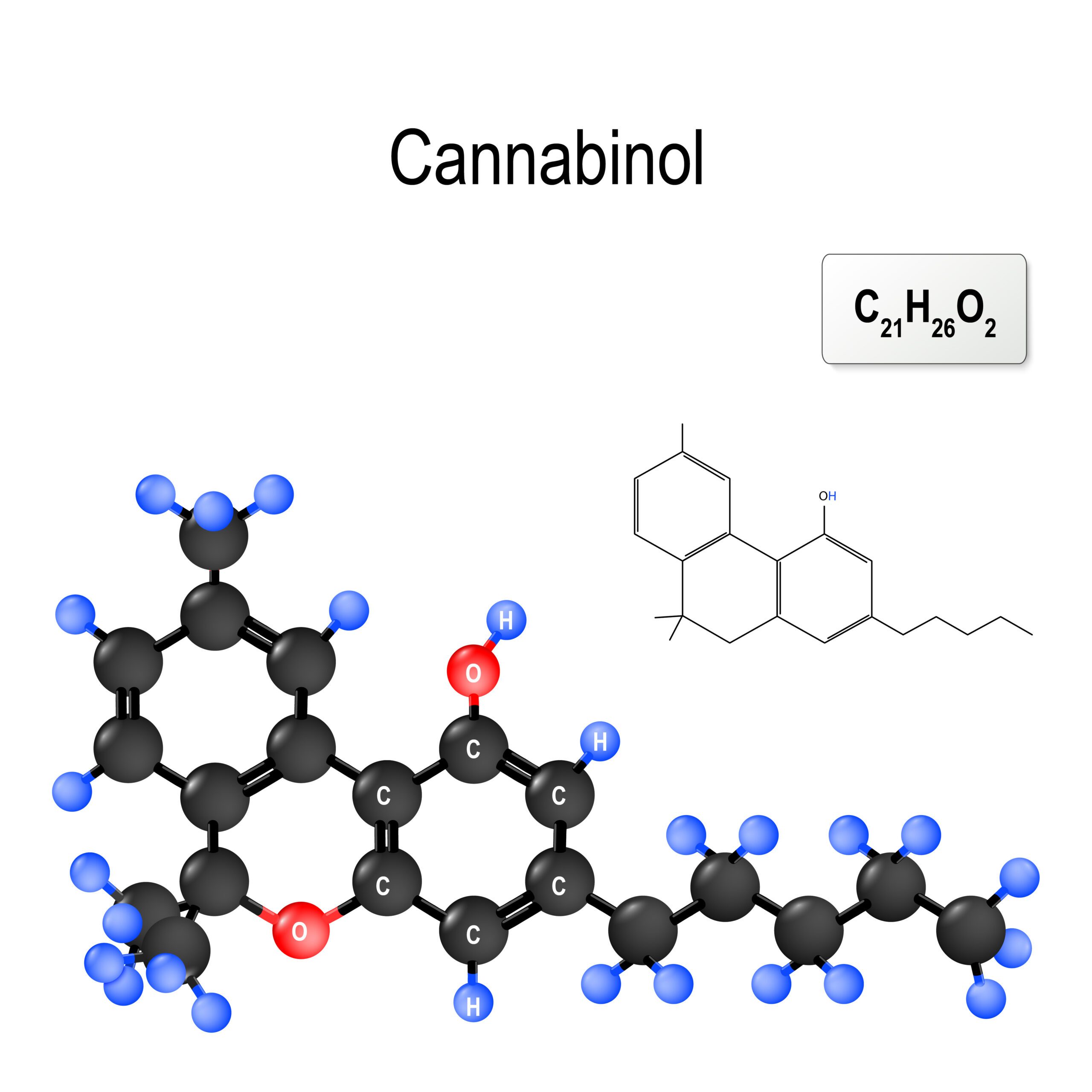
Imagine a superhero that’s been in the background all along, waiting for its moment to shine.
That’s CBN for you.
CBN stands for Cannabinol, and it comes from an amazing plant that also gives us THC – you know, the stuff in marijuana that makes people feel “high.”
But here’s the twist: CBN doesn’t show up until THC gets old and breaks down.
It’s like it retires from being THC and becomes this chill character known as CBN.
Now, you might have heard of CBD, which is THC’s famous cousin.
CBD has been the star for a while, helping with things like pain and anxiety, and it doesn’t make you high.
CBN is a bit like CBD’s quieter sibling – they’re related but have different personalities.
While CBD has been basking in the limelight, CBN has been in the background, whispering, “Hey, I can help with sleep!”
So, what’s the deal with CBN’s popularity in sleepy town?
It’s all about the legal dance. While THC has a complicated relationship with the law because of its mind-altering effects, CBN is stepping out into the world more freely.
In many places, as long as CBN comes from hemp (which is like the non-party version of the cannabis plant), it’s legal.
This means more people can try it out and see if it helps them catch those elusive Z’s.
But remember, just like with any new friend, it’s important to get to know CBN before inviting it to your sleepover.
So let’s keep exploring what makes CBN special and how it might help us all say goodnight a little easier.
The Science of Sleep and Cannabinoids
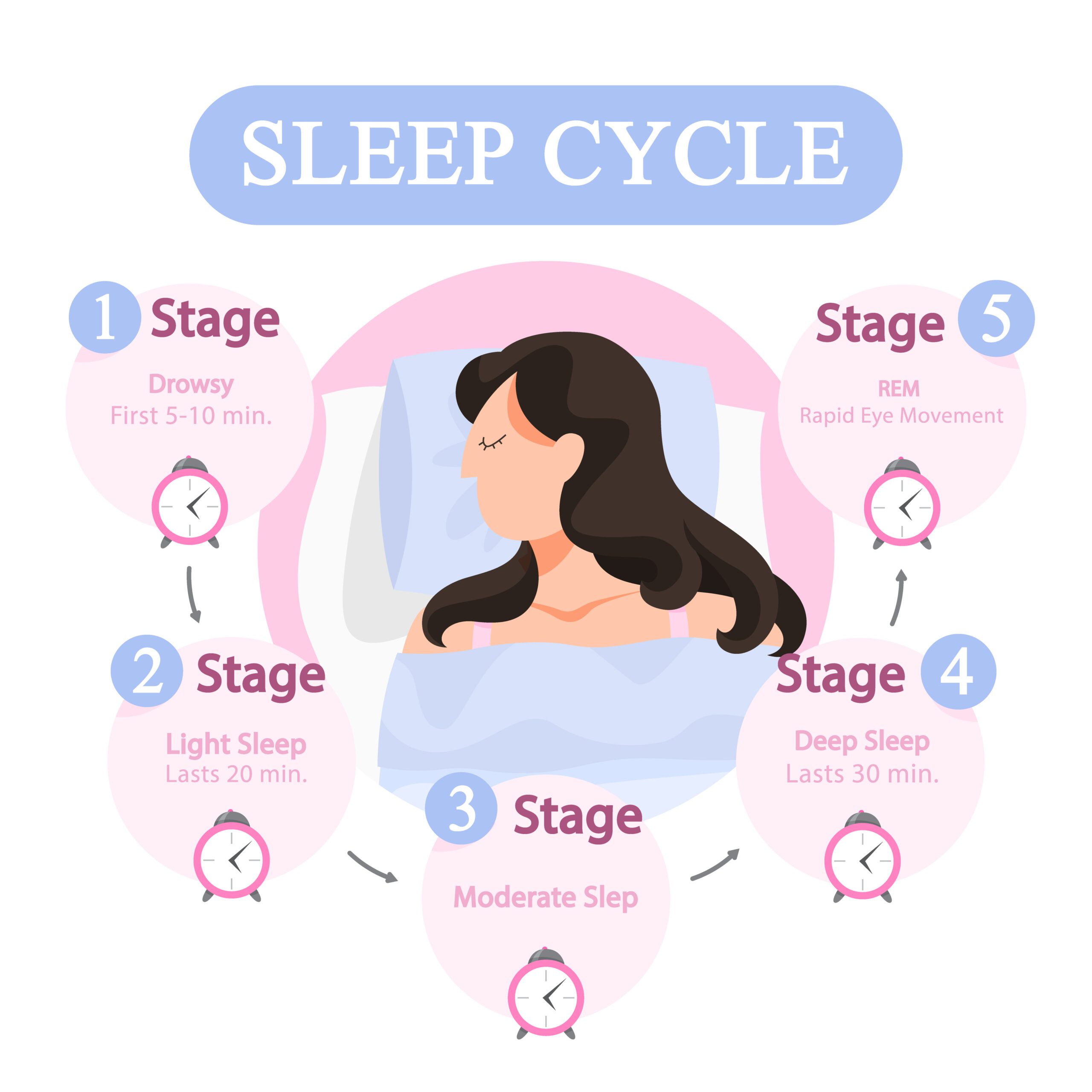
Alright, let’s talk about what happens when you hit the hay.
Imagine sleep as a super cool movie that plays in your brain every night, with different parts or “cycles” that repeat.
First, you have the opening credits, which is you dozing off.
Then, you dive into the action scenes, which is deep sleep.
This is the part where your body repairs itself and builds energy for the next day.
It’s super important, like the hero of our sleep movie.
Now, here’s where it gets sciency.
Inside your body, you’ve got this thing called the endocannabinoid system.
Think of it as the director of a movie, making sure everything on set (in your body) is running smoothly.
It’s in charge of keeping things balanced – like mood, appetite, and yep, you guessed it, sleep.
Cannabinoids, like our new friend CBN, are like the actors that interact with the director.
They can influence how the movie goes. Some of them come from outside (like from the CBN in products), and some your body makes on its own.
When CBN comes onto the scene, it talks to the director (endocannabinoid system) and can help it make the movie (your body’s functions) run better, especially the sleep part.
Exploring the Research: CBN’s Effects on Sleep
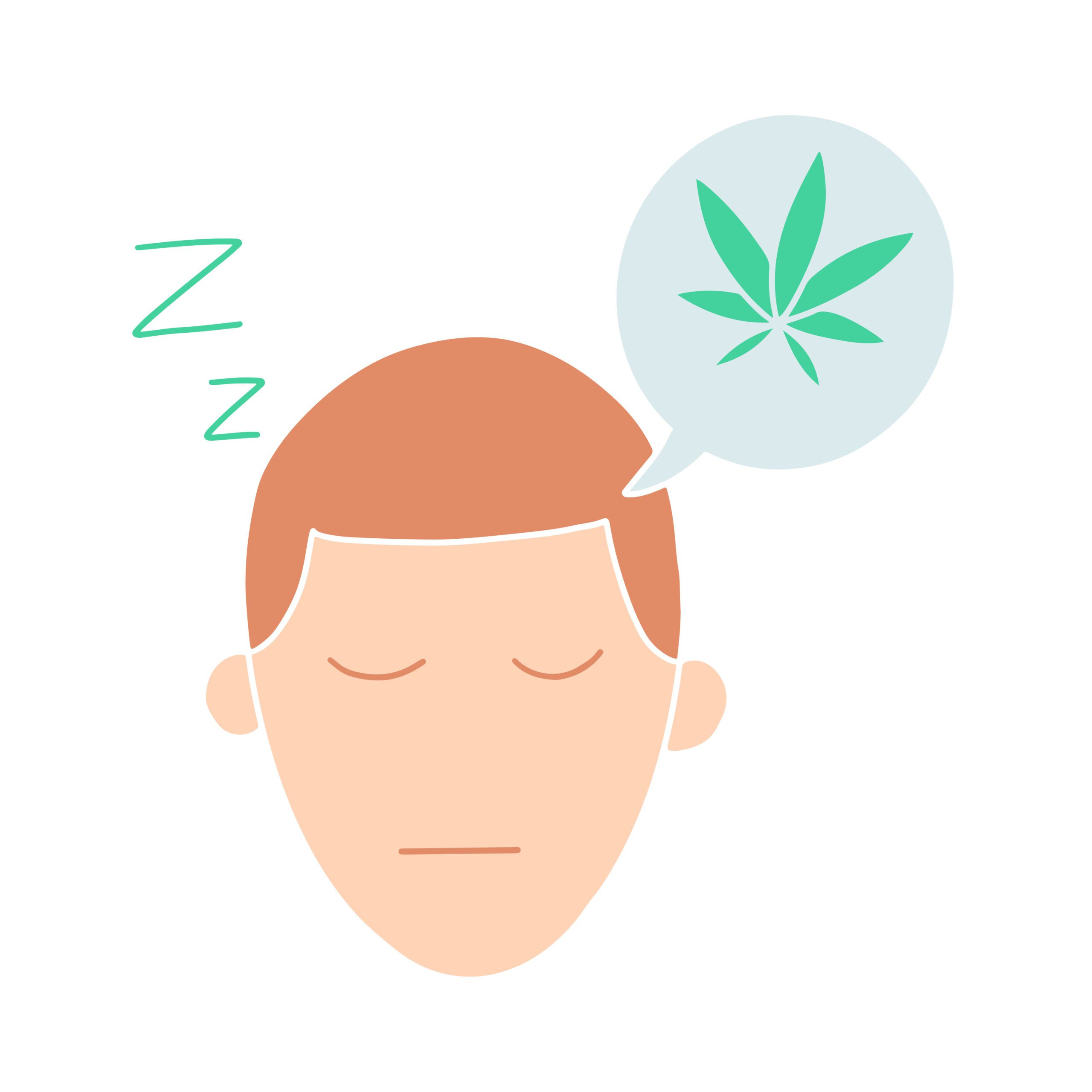
So, what does the research say about CBN and catching Z’s?
Scientists have been curious about this, too, and they’ve started to look into it.
It’s like they’re movie critics trying to figure out if CBN is going to be a blockbuster or a flop when it comes to sleep.
Some studies show that CBN might help you fall asleep faster and stay asleep longer.
That means better sleep quality and less time staring at the ceiling.
It’s like CBN could be the difference between a smooth, dreamy sleep ride and a bumpy, tossing-and-turning one.
But wait, there’s more. You know that part of sleep called REM?
It’s the phase where you dream. Some people think that CBN could turn down the REM dial, which might mean fewer dreams.
But don’t worry, this doesn’t mean it’s “lights out” for dreamland altogether.
It just might make your dreams less intense and easier to handle if they tend to be on the scary side.
Remember, though, this research is just starting.
It’s like we’ve only seen the trailer for the CBN sleep movie.
Scientists are still working on the full feature film to give us the whole picture.
But for now, the sneak peeks are looking promising for CBN being a helper for those of us wanting to hit the snooze button on sleep troubles.
How Does CBN Work for Better Sleep?
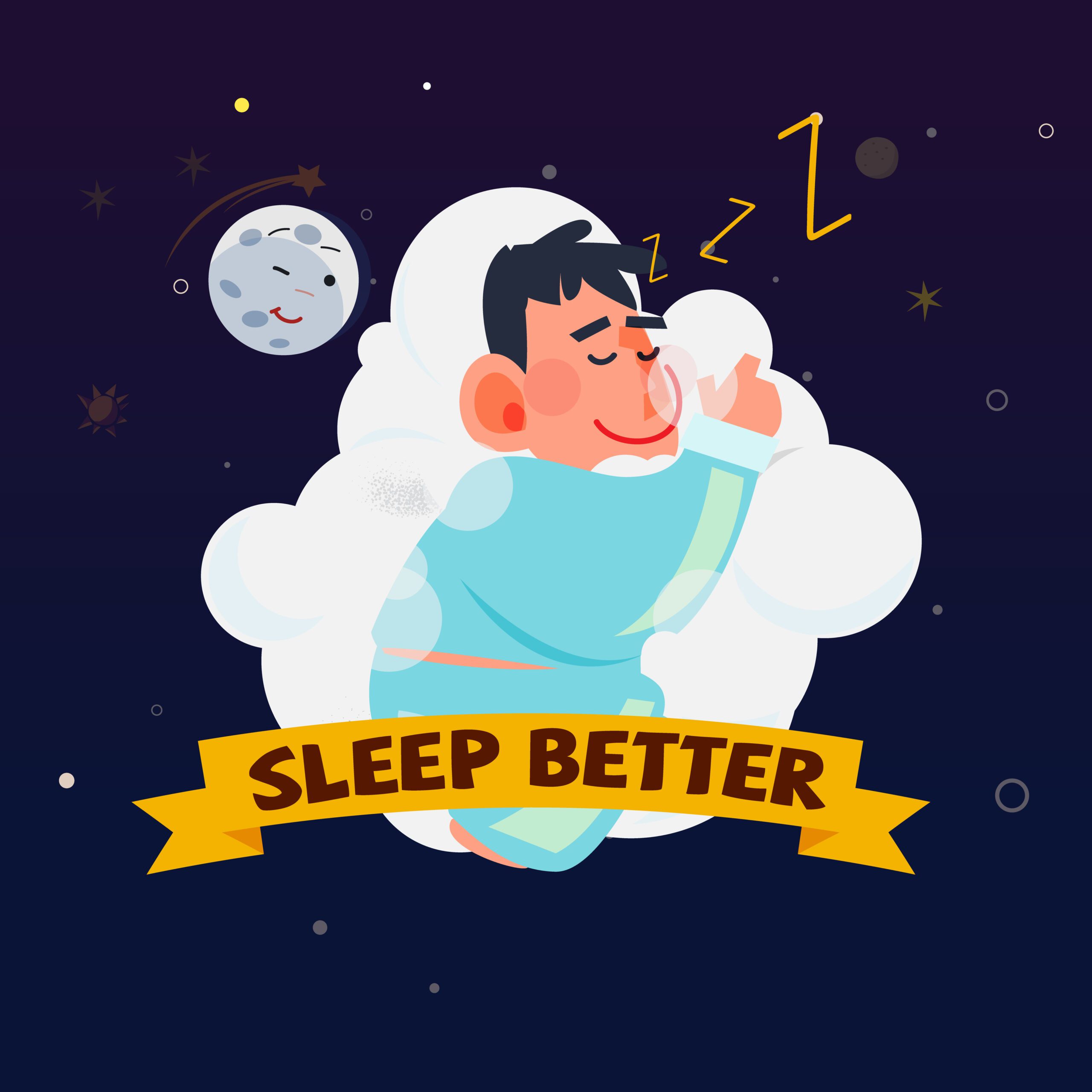
Imagine your body is like a busy city, and at night, it needs to slow down and get ready for a peaceful evening.
That’s where CBN comes in – think of it as the traffic light signaling everything to calm down.
When CBN enters your body, it starts talking to different parts, like your cells and nerves, telling them, “Hey, it’s time to relax!”
Now, CBN doesn’t work alone. It’s part of a team, which scientists like to call the “entourage effect.”
This means CBN teams up with other cannabinoids (those are the other compounds from the cannabis plant) to put on a united show.
Together, they work better than any of them would on their own.
It’s like a superhero team where everyone brings their own power to the table, making the whole group stronger.
So, when CBN gets together with its pals, they might help your body’s systems run more smoothly.
They could help manage stress and even tell your body when it’s time to turn off the lights and go to sleep.
This teamwork could mean you not only fall asleep faster but also enjoy a deeper, more restful snooze.
Potential Benefits of CBN for Sleep
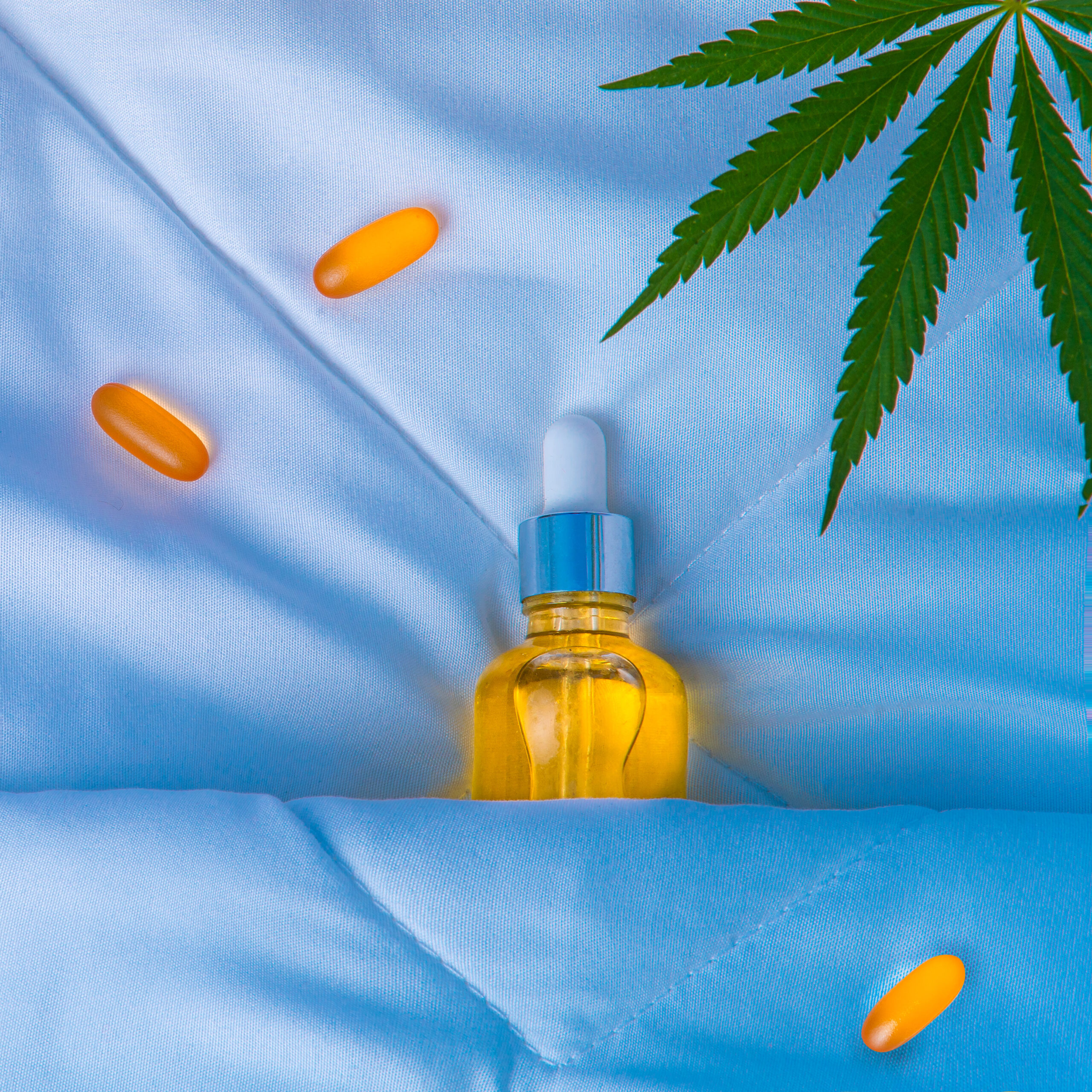
Now, let’s sort through what’s real and what’s just a bedtime story.
Some people say that CBN has a sedative effect, meaning it can help you feel sleepy.
While the science is still catching up, there are folks who swear by it.
They say taking CBN helps them relax and drift off to sleep easier.
But what’s the real scoop?
Well, there’s some evidence suggesting CBN might have sedative qualities, especially when it’s in the entourage with its cannabinoid buddies.
However, scientists are still trying to figure out just how strong this effect is.
As for the stories from people who use CBN, many say it’s a game-changer for their sleep.
They talk about it like finding a secret shortcut to dreamland.
But remember, everyone’s journey to sleep is personal, and what works for one person might not work for someone else.
And before you jump on the CBN train, it’s smart to look both ways.
That means checking out any side effects or if certain groups of people should take a raincheck on CBN.
The good news is, so far, CBN seems to be on the friendlier side, with not too many concerns for most people.
But like with any new supplement, it’s a good idea to chat with a healthcare pro before giving it a go.
So, there you have it – CBN might just be another tool in your sleep toolkit, waiting to help you get those precious Z’s.
Whether it’s the main event or just part of the supporting cast, it’s definitely worth learning more about.
Incorporating CBN into Your Sleep Routine

If you’re thinking of inviting CBN to your nightly wind-down party, you’ve got options.
It’s like picking out your favorite pajamas – there’s a style for everyone.
You can find CBN in oils that you drop under your tongue (kind of like a secret sleep potion), soft gels that you can swallow, or even in gummies that are like a little pre-bedtime treat.
Plus, there are lotions and balms for those who want to rub their way to relaxation.
For those dipping their toes into the CBN pool for the first time, it’s like trying a new flavor of ice cream – start with a small scoop.
Begin with a low dose to see how your body reacts, then you can slowly add more if you feel like it’s not enough.
Just remember, every body is different, so what works for your friend might not be the magic number for you.
Now, here’s where you’ve got to be a bit of a detective – picking a quality CBN product is key.
Look for labels that say “third-party tested” because it’s like having a referee making sure what’s on the label is what’s in the bottle.
Check out the ingredients list to make sure there’s no unwanted extras.
And if you can, go for organic to keep things clean and green.
A Comparison: CBN vs. Traditional Sleep Aids

So, how does CBN stack up against the usual suspects in the sleep aid lineup?
Traditional sleep aids, which you can find at the pharmacy, often come with a longer list of side effects, some of which might make you think twice.
They can be great when you need them, but sometimes they leave you feeling groggy in the morning, like your sleep was more of a nap.
CBN, on the other hand, is like the new natural option on the block.
It’s not made in a big factory; it comes from plants.
And while the research is still young, the goal is to wake up feeling refreshed, not like you’re stuck in slow motion.
But before you make the switch, it’s smart to have a chat with your doctor, just like you would before trying any new health routine.
They can give you the inside scoop on how CBN could fit with your personal health picture and what to watch out for.
After all, they’re like the coach of your health team, and you want to make sure everyone’s playing the same game.
Bringing CBN into your sleep routine could be a game-changer, or it might just be a nice addition to your regular night-time rhythm.
Either way, it’s an option worth exploring for those looking to catch some quality Z’s.
Final Thoughts on CBN for Sleep Enhancement

As we tuck this conversation into bed, let’s remember the highlights of our sleep-friendly pal, CBN.
It’s like a gentle lullaby for your body, potentially nudging you into a peaceful night’s rest.
From its role as a traffic light signaling your body to wind down, to its superhero team-up effects with other cannabinoids, CBN could be a valuable addition to your nighttime routine.
But, like the final chapter of a bedtime story, it’s important to end on a note of caution and wisdom.
Before you decide to dance with CBN under the moonlight of your sleep journey, have a heart-to-heart with your doctor.
They’re the trusted narrators of your health story and can help make sure your sleep script is written just right for you.
For those eager to turn the page and see if CBN is the sleep companion they’ve been dreaming of, the path is open.
Do your homework, choose quality products, and start slow.
Who knows? CBN might just be the missing puzzle piece in your quest for serene, rejuvenating sleep.
So, dear readers, if you’re ready to explore new horizons in the land of nod, consider CBN as a potential travel buddy.
May your nights be filled with restful slumber and your days with the energy that comes from it.
Sleep well, wake refreshed, and don’t forget to share your own tales of sleep and serenity with us. Sweet dreams!

A new study suggests that a widely used sugar substitute found in diet sodas, chewing gum, and low-sugar yogurt may elevate insulin levels. This could increase the long-term risk of heart disease. “Artificial sweeteners have infiltrated nearly all types of food, making it crucial to understand their long-term health effects,” said Yihai Cao, senior author […]

Diet Coke has long been a fan-favorite among soda lovers who want a fizzy, guilt-free alternative to traditional soft drinks. While its zero-calorie, zero-sugar label makes it seem like a healthier option, the reality is far more concerning. Despite its undeniable popularity, Diet Coke’s nutritional profile has raised red flags among health experts for years. […]

New study shows that embracing an anti-inflammatory, plant-forward diet can support cognitive function and help reduce the risk of dementia. What You Eat Shapes Your Brain The food you eat doesn’t just impact your body—it also affects your brain. Research suggests that eating an anti-inflammatory, plant-based diet can help improve memory, focus, and overall brain […]